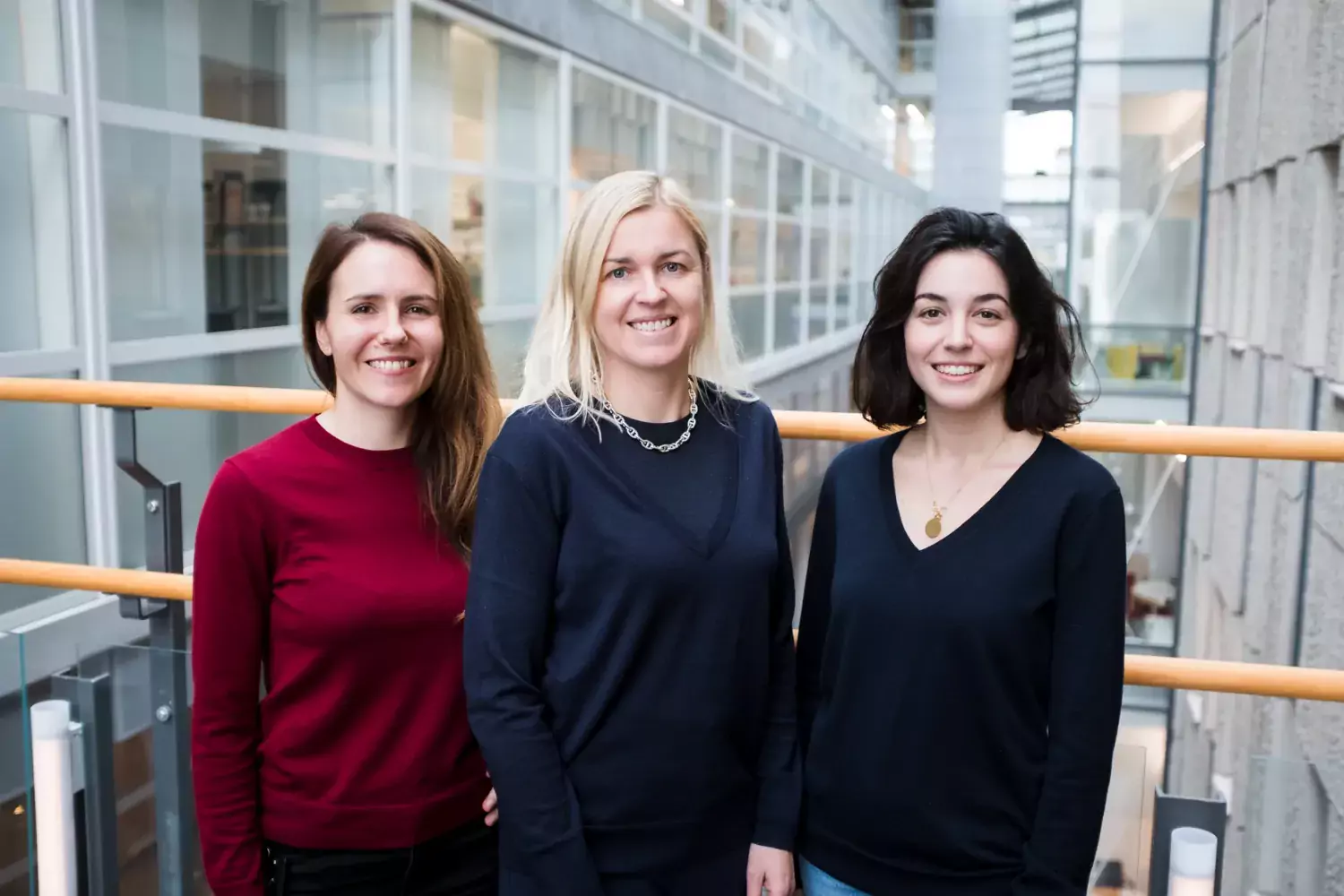Our research
Tick-borne encephalitis virus (TBEV) is a member of the flavivirus family, and is transferred to humans from ticks. TBEV causes TBE, a neurological disease with varying severity of symptoms ranging from meningitis to severe meningoencephalitis One major problem with TBE is the risk for long lasting neurological sequelae. TBE is an emerging disease and has become a growing health challenge in endemic areas. The only effective protection against TBE is properly timed vaccination, before the exposure to TBEV-infected ticks. There are no available treatment options for TBE and the underlying basis for the development of encephalitis in TBEV infection remains undefined.
Our research include projects to increase the general knowledge on the immune cell role in the neuropathology of TBE, to develop a deep understanding of the long-term immune response in individuals affected by TBE to optimize TBE vaccination and contribute to novel diagnostic methods, and to identify clinical and epidemiological risk factors to optimize preventive and treatment recommendations in TBE. We also aim to identify human host cell factors important for TBEV infection, facilitating the development of treatment strategies for TBE.
Open positions
We always want to get in touch with talented potential co-workers. If you are interested in doing research within our group, as a degree project or as a researcher, please contact the Group leader Sara Gredmark Russ.

